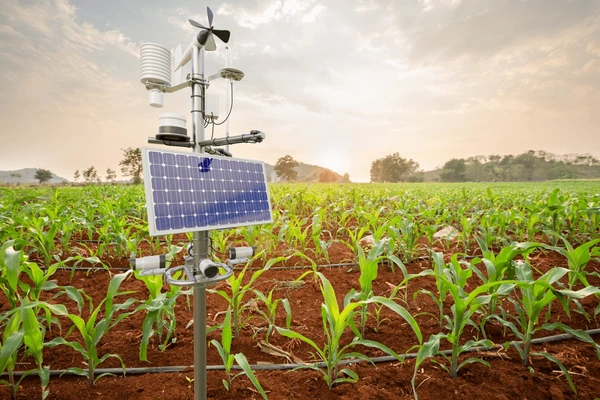Exploring the Latest Trends in Smart Home Technology

The landscape of smart home technology is rapidly evolving, driven by advancements in convenience, security, and energy management. Voice-activated assistants are redefining user interaction, while sophisticated security measures enhance protection for homeowners. Additionally, the integration of artificial intelligence in everyday appliances promises greater energy efficiency. However, these developments come with challenges that require careful consideration. What implications do these trends hold for the future of home automation and user experience?
The Rise of Voice-Activated Assistants
As smart home technology continues to evolve, the rise of voice-activated assistants has fundamentally transformed the way users interact with their environments.
These systems leverage advanced voice recognition to facilitate hands-free control, enhancing convenience.
However, concerns about user privacy have emerged, as constant listening capabilities raise questions about data security.
Users must navigate the balance between technological benefits and personal privacy in this dynamic landscape.
See also: How 3D Printing Is Changing Manufacturing and Medicine
Enhanced Home Security Solutions
While traditional security systems often relied on basic alarms and surveillance cameras, the integration of smart technology has revolutionized home security solutions.
Enhanced systems now utilize biometric access, allowing homeowners to secure their properties with unparalleled precision.
Advanced surveillance cameras, equipped with intelligent analytics, provide real-time monitoring and alerts, empowering individuals to maintain control and ensure the safety of their living spaces with confidence.
Energy Efficiency and Smart Appliances
With the increasing emphasis on sustainability and cost savings, energy efficiency has become a central focus in the development of smart appliances.
Smart thermostats play a pivotal role in optimizing heating and cooling, while energy monitoring systems provide real-time insights into consumption patterns.
This combination empowers homeowners to make informed decisions, ultimately reducing energy waste and enhancing both comfort and financial freedom.
Integration of Artificial Intelligence in Home Automation
The rise of energy-efficient smart appliances has set the stage for a more sophisticated integration of artificial intelligence (AI) in home automation.
Utilizing machine learning and predictive analytics, these systems can adapt to user behaviors, optimizing energy consumption and enhancing convenience.
This evolution empowers homeowners to enjoy greater control and efficiency, fostering a sense of freedom while seamlessly integrating technology into daily life.
Conclusion
In conclusion, the evolution of smart home technology reflects a significant shift towards convenience, security, and sustainability. Notably, a recent study indicates that nearly 70% of households are expected to adopt smart home devices by 2025, underscoring the growing reliance on these innovations. As voice-activated assistants, enhanced security solutions, and energy-efficient appliances become commonplace, ongoing education about data privacy and connectivity will be essential for users to fully embrace this technological transformation.




